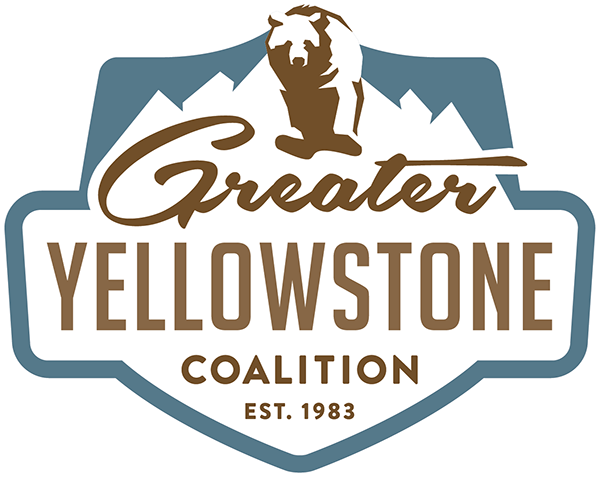The Greater Yellowstone Coalition Delivers Bear-Proof Containers to Beaverhead-Deerlodge National Forest to Keep Bears Wild and People Safe
As bears are beginning to wake from hibernation across the Greater Yellowstone Ecosystem, 39 bear-proof containers are being delivered to the Madison Ranger District of the Beaverhead-Deerlodge National Forest as part of a partnership to keep people safe and bears wild. The timely delivery is a reminder to secure food and other attractants when in bear country.
“We live and play in bear country. These containers are an easy, accessible, and responsible tool we can all use to help keep bears alive and ourselves safe,” said Erin Steva, the Greater Yellowstone Coalition (GYC) Montana Conservation Associate. “GYC is proud to be a part of projects and partnerships like this one.”
The Greater Yellowstone Coalition has partnered with the Beaverhead-Deerlodge National Forest to purchase the bear-proof containers that will be installed at Forest Service campgrounds later this spring.
As grizzly bear populations make a remarkable comeback and expand back into forests like the Beaverhead-Deerlodge, and more people than ever are living and recreating in bear country, it’s critical to store food and other bear-enticing items like toiletries, dog food, and trash in bear-proof containers. When used properly, these containers reduce human-bear conflicts and keep bears from becoming habituated.
This partnership is ongoing, and GYC and the Beaverhead-Deerlodge National Forest plan to purchase a total of 131 bear-proof containers for campgrounds in the coming years. The Greater Yellowstone Coalition has helped secure more than 160 Forest Service campgrounds with the installation of almost 1,200 bear-proof containers across the Greater Yellowstone Ecosystem’s five national forests.
